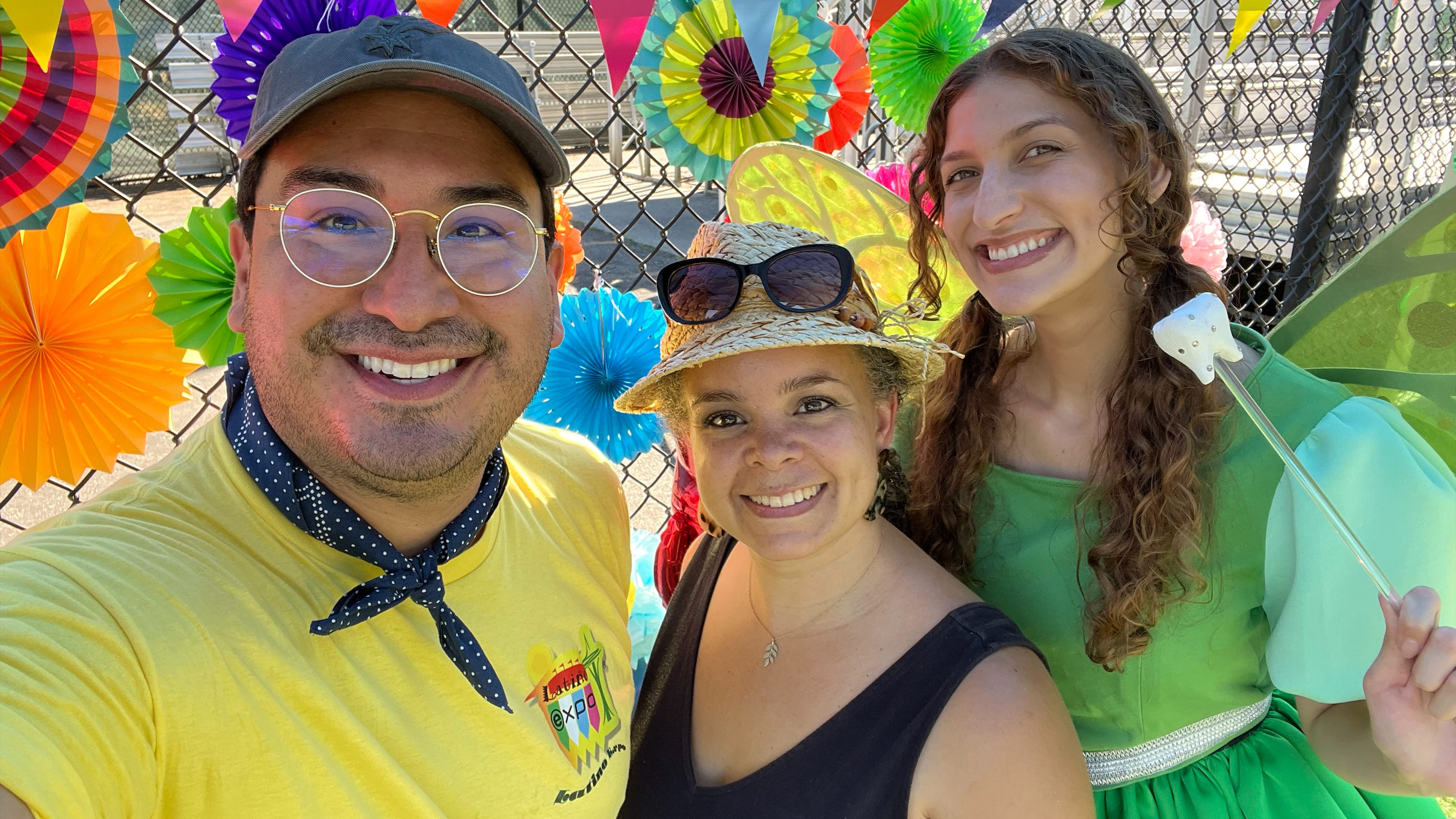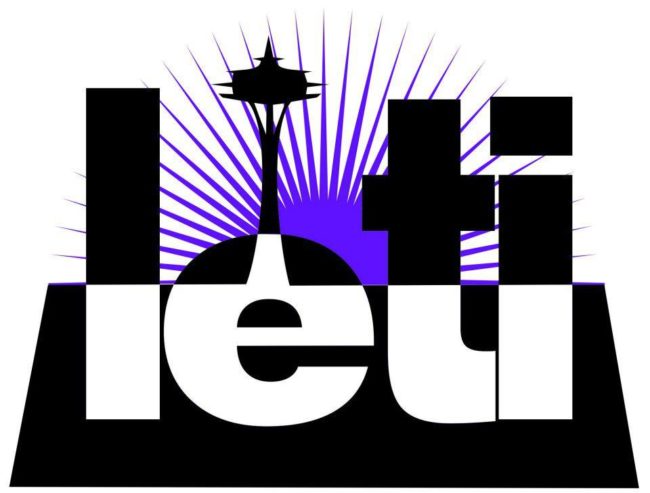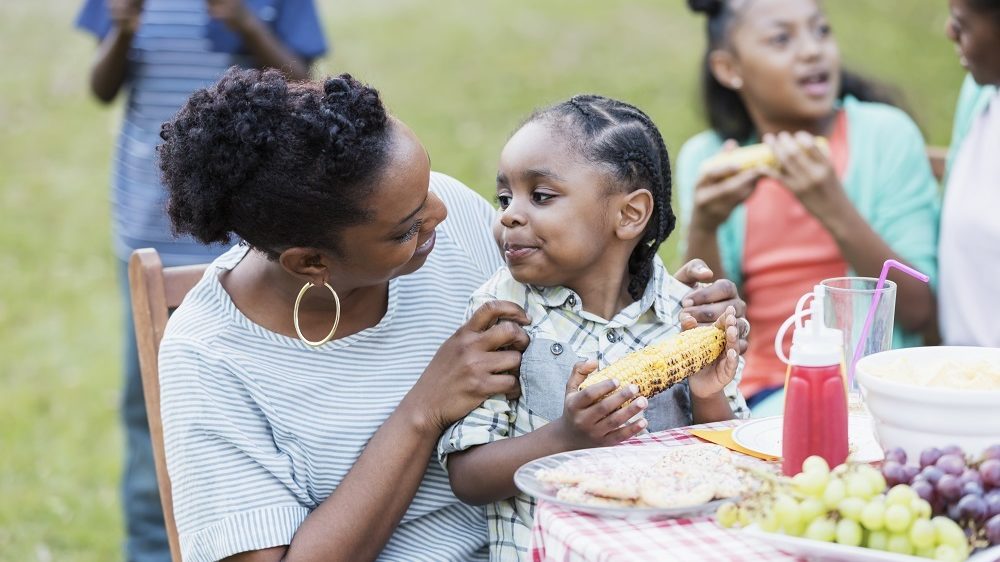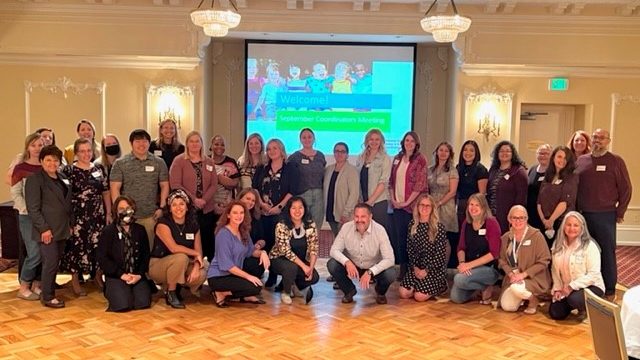
Heather Gallagher, ABCD managing director, shares the ABCD program’s secret to making Washington state a leader in young children accessing dental care.
I’m excited to highlight the work of Washington state’s Access to Baby and Child Dentistry program. Look out for my second blog coming out tomorrow, in which I share how statewide investments can further fuel Arcora’s work in bending the arc of oral health toward equity.
February is Children’s Dental Health Month. As the statewide Access to Baby and Child Dentistry (ABCD) Managing Director, I may be a bit biased in it also being my favorite month! As the saying goes, “The most precious sight is the smile of a child.” Arcora Foundation is building a future where every child’s smile isn’t just precious—but healthy as well.
It takes a multi-pronged, integrated approach to support children’s oral and overall health. And we can’t do it alone. Through access to care programs—like ABCD and DentistLink—and prevention measures—like community water fluoridation—our team, in collaboration with partners and policymakers, leads our work with equity to ensure all Washington kiddos can reach their full health potential.
Supporting children’s oral health through a longstanding system of care.
ABCD launched in Spokane in the mid-1990s as a way to connect Apple Health (Medicaid)-enrolled children from birth to age 6 with specially trained dental providers in their community. In fact, two of those early ABCD patients were my own kids! I was grateful and relieved to have this local service available to me back then; what a full-circle moment to now be leading this program and providing that sense of relief to more parents like me.
When ABCD started, only 20% of Washington state young children accessed dental care. Today, this number has more than doubled (45% in FY2021) for children from lower-income households—making Washington a national leader in the number of young kids receiving essential dental care.
Before my time at Arcora, I had the joy of working directly with families as the Spokane Regional Health District’s ABCD coordinator. The health care system can be overwhelming for anyone, but especially for caregivers looking to give their children the best start in life. Thankfully, the ABCD program and its team of local coordinators help take the stress out of dental care.
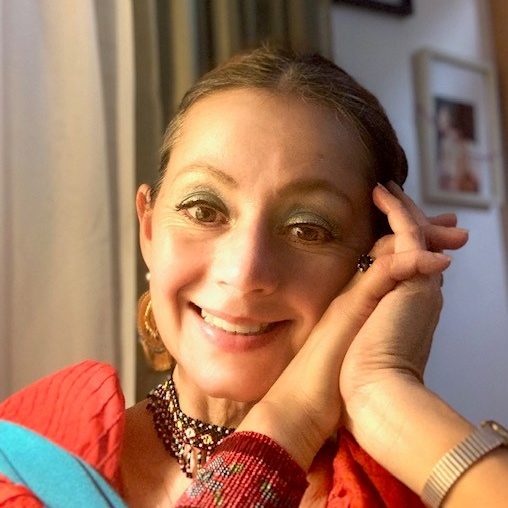
“When I work with a family, I also try to engage the child. Promoting early access to a dental home among parents and educators is as important as teaching children that caring for their teeth is the best way to prevent cavities.”
Anna Cruz
ABCD coordinator and community health worker
Clark County Public Health
Coordinators are primarily family advocates. Across all 39 counties, ABCD coordinators provide referrals, family education, and additional services necessary to help young children thrive. Does your child need a dental appointment? You got it! Can I also grab you an extra pack of diapers while you’re here? We can help with that, too!
I can’t praise our ABCD managing partners, coordinators, and providers enough. And it’s not just me singing their praises (though trust me, no one wants to hear me sing). The Washington state legislature has proven year after year that oral health equity programs and policies are worth investing in. By deepening and expanding the reach of this system of care, we’re one step closer to Arcora’s vision where all people enjoy good oral and overall health, with no one left behind.
Caregivers, you’re doing great.
Finally, I want to take a minute to celebrate our state’s caregivers. You are your child’s greatest champion, and we see your dedication to their health and wellbeing. Because of you, they’re on a path to thrive long into adulthood.
You’re also their first educator for healthy habits. The earlier you start, the easier it will be for these habits to stick as your kids get older. Here are some key habits ABCD recommends to all families:
- Brush twice a day with fluoride toothpaste. For children under age 2, use a rice grain-sized amount of toothpaste. For children 3 and over, use a pea-sized amount. A good rule of thumb is to help your child brush until they can tie their own shoes.
- Floss once a day as soon as teeth touch. Flossing can clean 40% of the day’s “gunk” that brushing alone misses.
- Make water the drink of choice. Plain water is the best drink for a child’s oral and overall health. Ask your doctor and dentist about access to fluoridated water in your community and other ways your child can receive the cavity-fighting benefits of fluoride, such as fluoride varnish.
- Snack smart. Choose teeth-healthy snacks like fresh fruit, nuts, white milk, and cheese. Limit cavity-causing snacks like juice, candies, fruit snacks, and crackers.
- First birthday, first dental visit. Children should begin receiving oral health services from a dentist or primary care provider by their first birthday. Apple Health (Medicaid) covers dental services for both children and adults.
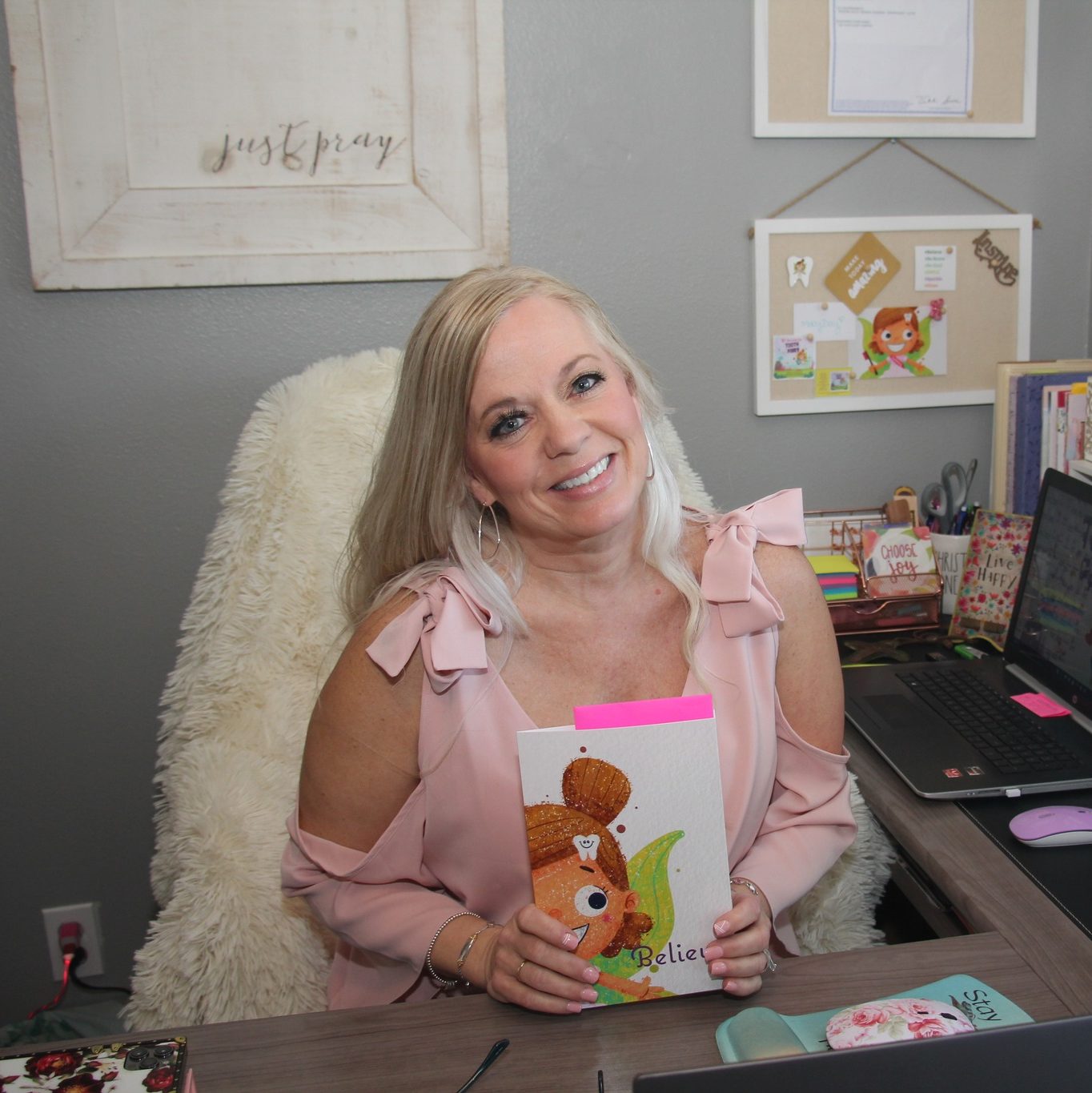
“Finding creative and fun ways of teaching proper brushing routines, healthy eating habits and when to find a dental home are all things a family can actively engage and plan with their child together. When we are able to make the connection between oral health concepts in early learning and the importance and power of a smile—physically and emotionally—that’s is when the magical “Ah-Ha” moment happens. And that’s how we change the world, one magical moment and smile at a time.”
Edie Higby
Family Services Manager & ABCD Outreach Coordinator NE Tri-County
Rural Resources Community Action
Author, 10 Tips From The Tooth Fairy
Do you or your child need support accessing dental care? Contact your local ABCD coordinator or receive a free referral through DentistLink at DentistLink.org or by calling 844-888-5465. And what a better time to start your young one’s oral health care journey than in the month dedicated to their smile!



